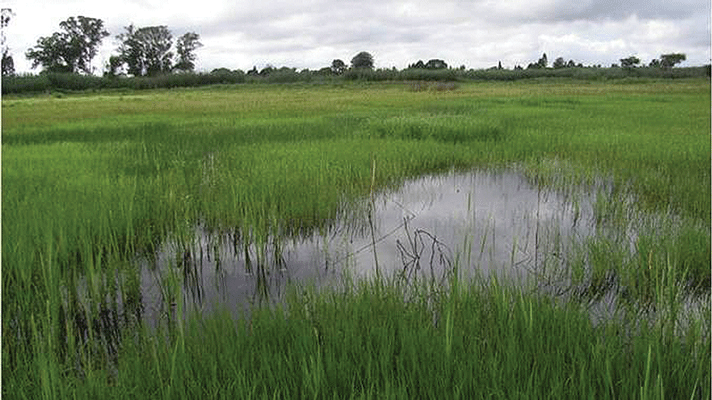
BY HARRIET CHIKANDIWA/OBERT SIAMILANDU THE Harare Wetlands Trust has said increased demand for water in the city had dried up most wetlands as residents had drilled boreholes at undesignated sites.
Addressing journalists on Wednesday on the state of wetlands in the city, Harare Wetlands Trust official Rob Cunliffe said drilling of boreholes in search of water and cultivation on wetlands degraded most underground water reservoirs.
Zimbabwe commemorated World Wetlands Day on Wednesday.
“Groundwater resources are being used up faster than they are being replenished, resulting in a lowering of the water tables across the city. Population growth continues to fuel increased demand for water, including for groundwater. This is leading to drying of wetland environments,” Cunliffe said.
“Continuing encroachment of developments into wetlands is accompanied by the drilling of additional boreholes or wells as individual owners seek to secure a reliable water supply. Of particular concern is the commercial abstraction of large quantities of water from boreholes within wetlands.”
He said cultivation on headwater wetlands was also widespread in the city, leading to increased run-off, erosion, siltation, and increased pollution of water points.
“Continuing growth of the city is fuelling continued construction activity and thus demand for materials, including sand. Large areas of headwater wetlands, particularly to the south of the city continue to be impacted through the removal of sand for construction purposes,” Cunliffe said.
- Follow us on Twitter@NewsDayZimbabwe










